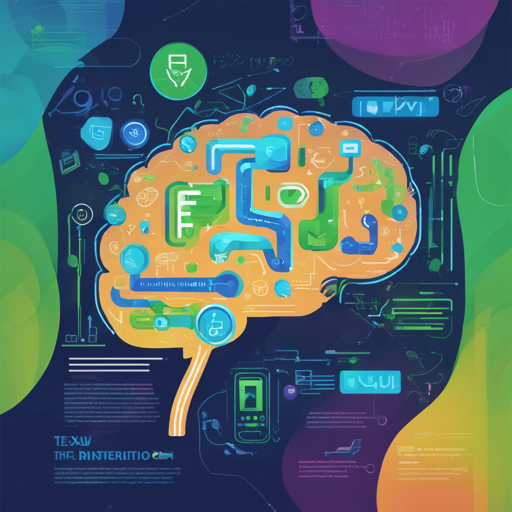The GGUF version, introduced by the llama.cpp team, has emerged as a game-changer in the text generation landscape. As a replacement for the now unsupported GGML format, GGUF brings forth new capabilities and enhanced support through various libraries and clients. This guide will walk you through understanding and implementing GGUF effectively.
What is GGUF?
GGUF is the latest format designed to optimize text generation tasks. Released on August 21, 2023, it is built on lessons learned from its predecessor and aims to offer better compatibility and performance across various platforms. Think of GGUF as a new upgrade to your favorite software that enhances functionalities while being easier to use.
Supported Libraries and Clients
One of the powerful aspects of GGUF is its wide support across several libraries and clients. Here’s a list of reliable resources to utilize GGUF:
- Ollama – Recommended for its ease of use.
- llama.cpp – Acts as the source project for GGUF with both CLI and server options.
- llama-cpp-python – A Python library supporting GPU acceleration and an OpenAI-compatible API server.
- LM Studio – A user-friendly GUI for Windows and macOS.
- Text-Generation-WebUI – Popular web UI with extensive features.
- KoboldCpp – Great for storytelling with GPU acceleration.
- GPT4All – An open-source local running GUI.
- LoLLMS Web UI – Rich in features, supports various models.
- Faraday.dev – A character-based chat GUI.
- Candle – Rust ML framework with a focus on performance.
- Ctransformers – A Python library for AI server support.
Working with GGUF: An Analogy
To understand how GGUF works, think of it as preparing a delicious meal using a cookbook. The recipe (in our case, the GGUF format) dictates the ingredients and steps needed to create the dish. Just as you choose what recipe to follow based on your preference, you can select from a variety of libraries and clients that support GGUF, each tailored to your specific needs. For example, if you prefer a quicker meal (like using Ollama), you can go for that, whereas if you enjoy cooking more complex dishes, you might opt for llama.cpp. Each choice brings its unique flavor and technique, allowing you to find exactly what works for you.
Troubleshooting GGUF
While using GGUF can enhance your projects, you might encounter some hiccups along the way. Here are some troubleshooting tips:
- Issue: Library Compatibility – Ensure that you are using the correct version of the library that supports GGUF.
- Issue: Performance Problems – If you face lag, check whether GPU acceleration is enabled, as some libraries require explicit configurations.
- Issue: Model Support – Not all models support the GGUF format. Verify compatibility before attempting to load a model.
For more insights, updates, or to collaborate on AI development projects, stay connected with fxis.ai.
Conclusion
GGUF brings a new era in text generation with its improved format and support across various clients and libraries. By leveraging the power of GGUF, you can create innovative AI applications that are both efficient and effective.
At fxis.ai, we believe that such advancements are crucial for the future of AI, as they enable more comprehensive and effective solutions. Our team is continually exploring new methodologies to push the envelope in artificial intelligence, ensuring that our clients benefit from the latest technological innovations.

